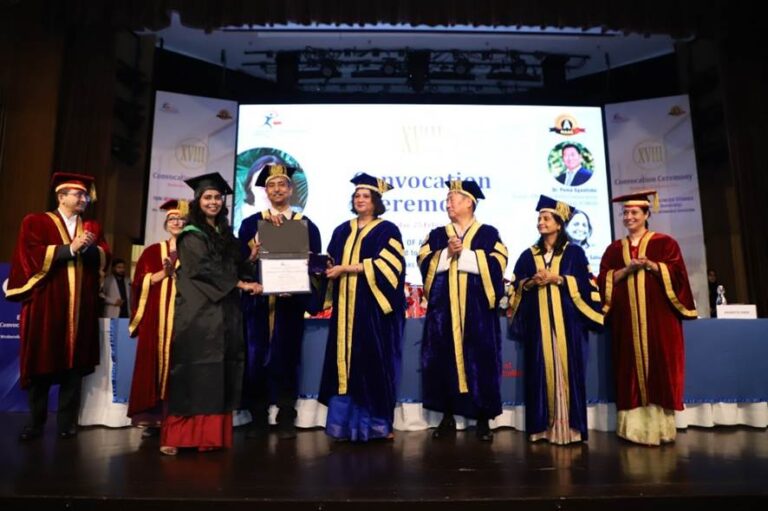
A local court found Rahul Gandhi guilty of defaming Prime Minister Narendra Modi, disqualifying him from serving as a member of parliament. This is a major setback for the Congress party ahead of the general elections next year.
The disqualification became effective on March 23, the same day that a local court found Gandhi guilty of making a disparaging remark about Modi’s name.
Gandhi’s removal is a devastating blow to his political career in India, which is preparing for regional elections and hosting the Group of 20 this year.
The 52-year-old politician, a scion of the country’s most famous political dynasty, has positioned himself as a challenger to Modi and his Bharatiya Janata Party in general elections scheduled for April 2024.
However, Gandhi was widely dismissed after Modi’s BJP defeated his party in the last two general elections. Gandhi’s Congress party, once an unstoppable force in Indian politics, has struggled to connect with voters and overcome a reputation marred by corruption scandals and leadership turnovers.
Gandhi recently completed a 2,170-mile trek from India’s southernmost tip to the icy north of Kashmir to revitalize the party’s brand. In public, he has positioned himself as a strong leader capable of countering the BJP’s Hindu majoritarian views in a secular country.
During a recent visit to the United Kingdom, Gandhi criticized Modi, claiming that “democracy is under attack” in India. He has also questioned Modi’s relationship with billionaire Gautam Adani, who is facing fraud and market manipulation allegations from a US short seller. Adani’s group denies any wrongdoing.
An Indian lawmaker convicted of a crime and sentenced to two or more years in prison is immediately disqualified from parliament under the Representation of the People Act.
On Friday, the secretariat of India’s lower house of parliament announced that Gandhi, who represents a constituency in southern Kerala, had been disqualified.
If the higher court suspends or commutes his sentence, his disqualification may be reversed and his position as a legislator restored.
Gandhi will face a difficult legal battle to overturn the conviction, though higher courts typically favour leniency in defamation cases involving election campaign speeches.
Gandhi’s disqualification was deemed “erroneous and unsustainable” by the Congress party, which stated that it will fight the case both legally and politically.
On Friday, party officials led a protest march in New Delhi alongside other opposition parties. In the coming days, the party intends to hold protests in other states.
The development is likely to exacerbate tensions between India’s opposition and the ruling BJP ahead of five state assembly elections this year. According to the BJP, the law applies equally to everyone and Gandhi must face the consequences.







